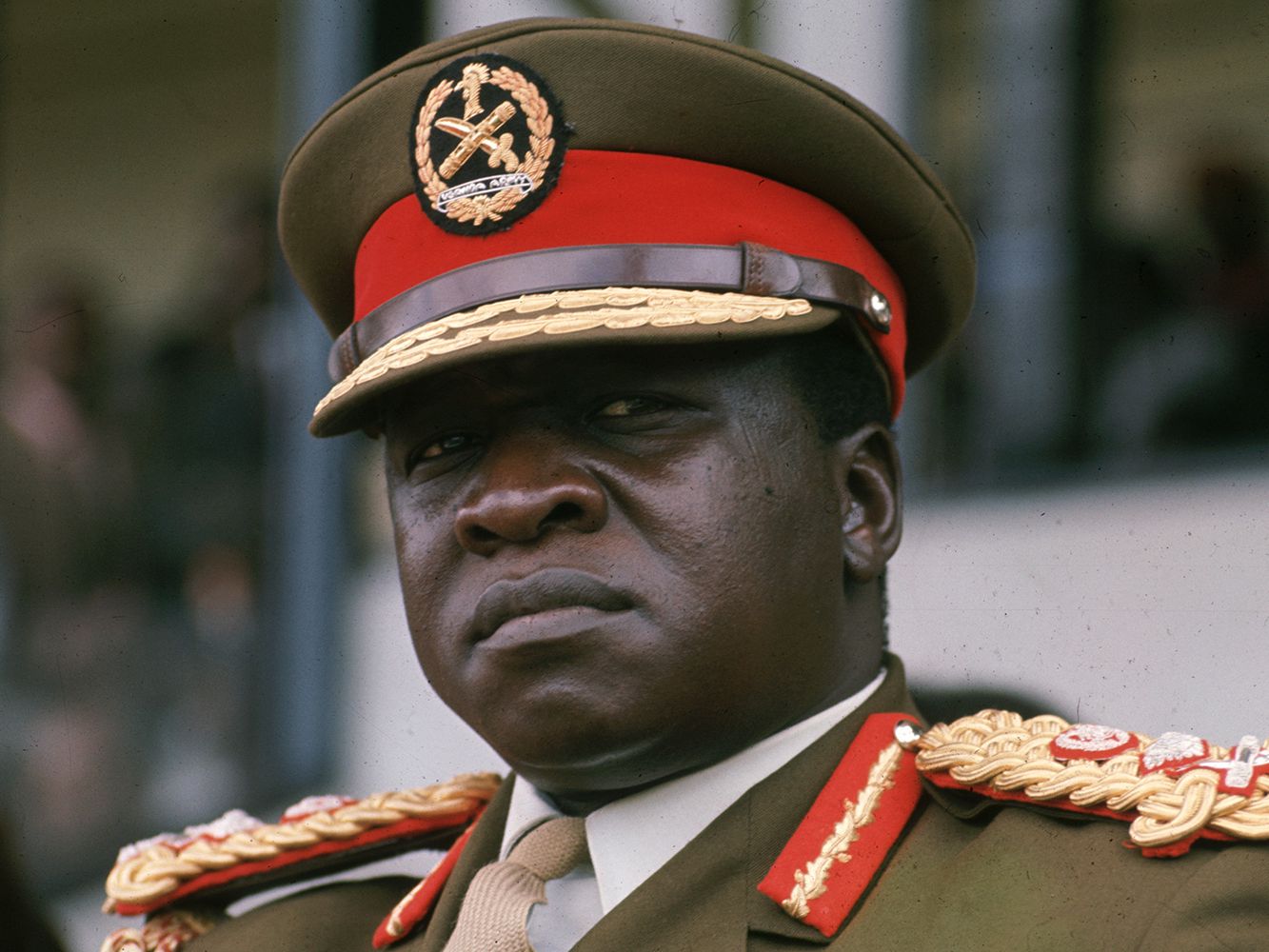6 Types of Leadership
Greetings. I have been a leadership lecturer in tertiary colleges. Today I seek to share with you at least 6 types of leadership in the global trends.
What are the basic types of leadership? How do these speak to us as a ministry? How does come into the Elijah-Elisha cycle of events? Spirit of Reproduction (1 Kings 19:19, 2 Kings 2:10) vs Spirit of Unfruitfulness! (2 Kings 2: 23-24, 5:27, 13:18-19). The type of leadership you choose determines your end: Elijah left his mantle (2 Kings 2:13), Elisha took his mantle with him (2 Kings 4:31-34) to the grave! (2 Kings 13:21) It is no wonder even John the Baptist took it from Elijah (Matthew 11:12-14).
Common types of leadership:
1. Theocratic leadership.
In this type of leadership, the rule is by religious/spiritual authority. The leadership is derived from the fact that God is in control and dictates to the leader. J. Oswald Sanders calls this spiritual leadership (Spiritual Leadership: Principles of Excellence for every Believer,1994).
· Sanders says that leaders do not become leaders by luck and timing. A crisis comes and there is no one who is qualified to step forward, and then a leader is born e.g. Joseph, who came by the will of God. Such one may have no natural leadership skills but the Holy Spirit releases gifts and qualities that were once dormant.
· These leaders are always theocentric in all and always seek the will of God
· This leadership respects religious values so much
· Dr. Evangelist P Saungweme calls this leadership, charismatic leadership.
2. Autocratic leadership
This leadership has limitless power and authority. This is best exemplified in Adolf Hitler.
· It accepts no dissent and no opposition and banks on its authority which is unlimited. It is a system of unlimited power.
· It chooses and appoints people who sustain its leadership in its quest for the continuation of its reign, despite their competences, abilities or lack of.
· It totally disregards democracy.
· It is oppressive, commanding, assertive and authoritative. Some call it a dictatorship.
· A dictator is an absolute ruler and oppressor.
 |
| 6 Types Of Leadership 6 Types Of Leadership |
3. Beauracracy
This is a type of government where leaders may or may not be elected.
· The leader/leaders has/have the authority to make decisions that are rigidly devoted to administrative procedures and laws.
· In bureaucracy the system’s laws govern and flexibility is often quashed because of the set laws.
4. Monarchical leadership.
This is a leadership centered on royalties, thus kings, queens, chiefs, et.al.
· This rulership is central to the understanding of the Kingdom of God.
· The rulership owns all of the properties within the domain.
· It is usually, life-long leadership and examples include the British queen, Elizabeth, and her family and King Mswati of Swaziland.
· Unlike in bureaucracy, in a monarchy, what the king says becomes law. The king is the absolute ruler.
· This leadership leads to a monocracy where one family has the sole right to rule. The appointment is not by democratic election but is hereditary, one is a born a king.
· A new king is appointed after the other ruling one is dead hence it has the “wait till I die” transition approach.
· In this model, some train a successor and some do not.
5. Democratic leadership
Democracy is a system of governance in which the leadership lead by the “voice of the people” they lead.
· Democracy thrives on trying to do justice which brings the greatest good for the greatest number.
· It encourages the liberation of people in areas like the freedoms of speech, religion, press, political equality, freedom of worship, freedom of sexual orientation and the right to work.
· It is usually very capitalistic thus encourages private ownership or possession of investments and lands. In a way, it is the opposite of socialism.
· The leaders are elected into power by the people and common people are considered as the primary source of political power (hence the need for rallies).
· It is considered as majority rule and is based on principles of social equality and respect for the individual within a community.
· Transition of leadership comes when the agreed terms of office come through (especially by the constitution) followed by popular vote which allows for leaders to try and manipulate the people for their own political power’s sake.
· Good democrats are not afraid of change if it is for the sake of improvement. They initiate the transition.
6. Anarchy or leaderless model
This is a situation of leadership vacuum, thus when an organization has no leader.
· There is an absence of any political authority and in churches, this usually happens when immature Christians claim that the Holy Spirit is controlling everything.
· Here there is no cohesive principle such as a common standard purpose or vision.
· This leadership breeds lawlessness, turmoil, chaos, and disorderly rule.
· In nations, it happens in times of war or deepening political crisis et.al.
Today, I pray that God may make you be the leader that he Has desired of you. A leader that fears God and seeks to serve Him by loving His people.
Receive Jesus Christ today and go to church for spiritual fellowship.
Follow Apostle Pride Sibiya (Bishop: Glory Ministries) on Facebook, YouTube, Twitter, Periscope, WhatsApp, Google+, Instagram, Instaclips and all social media.

